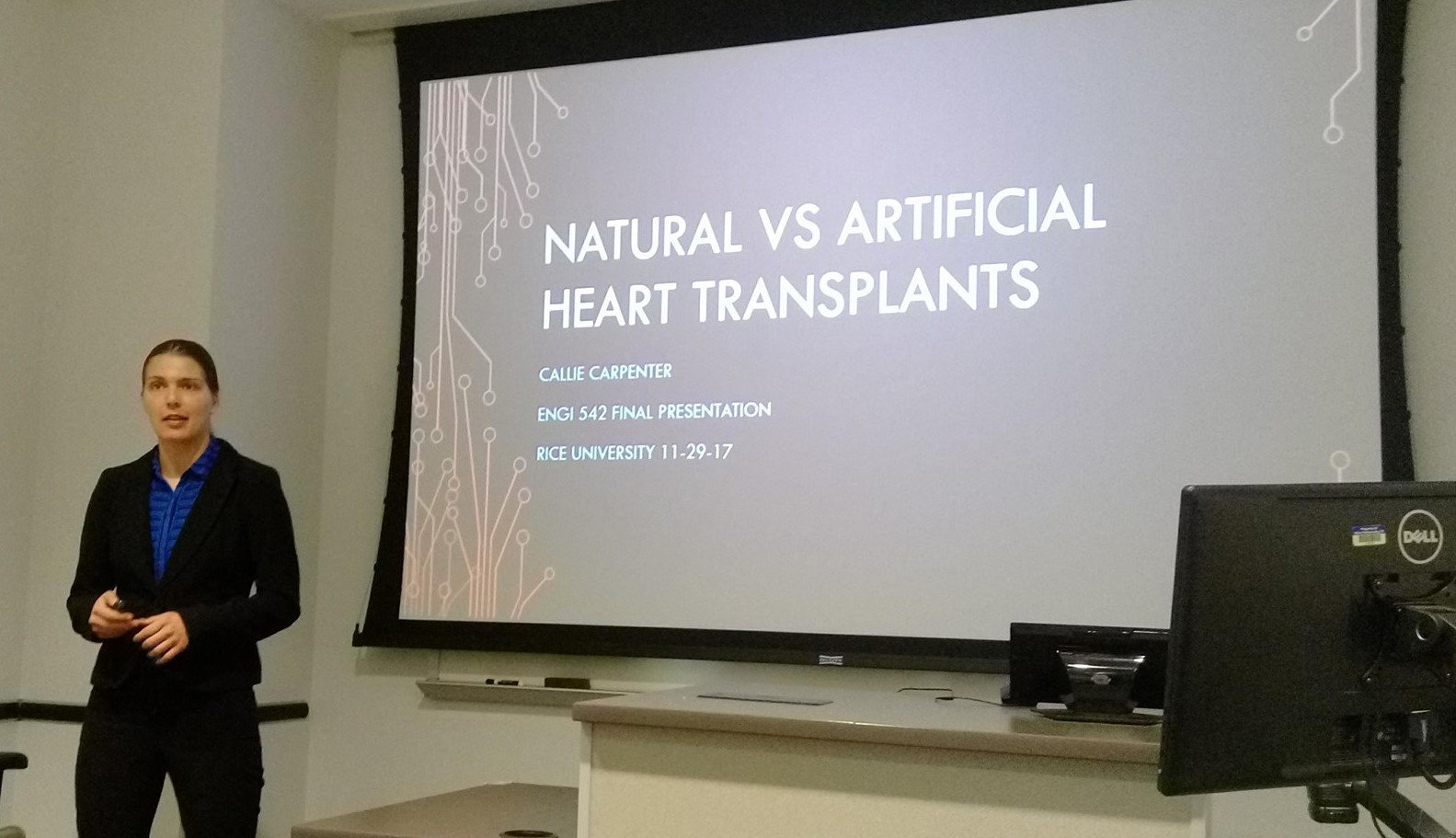I’m amazed that this semester is almost over; it’s flown by! While the days may have ended, they have left their mark on me forever. During the past four months, I have improved my project and time management skills, learned important lessons about teamwork from my MBA friends, discovered the barriers and rewards of international work, grown in my communication skills, and come to appreciate work-life balance.
Working on Consultika this semester has challenged me to manage my time instead of it managing me. I had to schedule time blocks for working on the app as well as my other projects. I developed my own timeline for the project by prioritizing tasks and setting realistic (and sometimes not so realistic) deadlines. I negotiated extensions and took initiative to begin the next tasks when things moved forward more quickly than expected. Dr. Richardson guided me every step of the way, but allowed me to set the pace, make mistakes, and experience success. I now feel ready to tackle project management in the workplace.
While collaborating with my MBA colleagues on our heart biopsy project, I learned a lot about teamwork in the workplace. Previously, most of my team experiences had been in sports, not school. But I learned that both are extremely similar. First, the team shares a common goal, be it winning the game or developing a device to save lives. Second, each team member has a role based on his or her specific skillset. Just as a basketball players have specific positions based on their skills and abilities, so an engineer takes on the majority of the design and the MBA develops the accompanying business model. The team divides the workload based on each member’s expertise. Third, team members take up the slack for each other. As a defender is blocked by a pick and his teammate switches places to cover for him, similarly coworkers cover for each other when the workload is overwhelming or unexpected setbacks arise. I’ve gotten a taste of what it means to be on a high-performing team and I’m hungry for more.
Since Consultika is a joint venture between Rice and Costa Rica, I have also gained experience in cross-cultural work this semester. As I became familiar with my mentors in Costa Rica, I began to recognize the fine line between working together and partnering for a common purpose. For Consultika, our purpose is to improve patient care in Costa Rica by increasing the security of inter-doctor communication. While we encountered difficulties like dropped calls and scheduling challenges among other things; partnering meant that none of that mattered. We pushed through and focused on the end goal. This allowed us to share ideas more freely and ensured that everyone’s voice was heard. Each of us felt like we contributed to the project in significant ways and so have taken ownership of it and care about the outcome. This is different from simply working together, which largely means dividing up the workload and hoping everything fits together. Partnering requires interaction and constant communication.

I’m learning the art of international collaborations and how to partner instead of just working together.
In my Communications for Engineers class this semester, I learned a great deal about effective communications. The biggest thing that I learned was to state the main point first. This immediately tells the audience what they want to know and they can decide if they want to continue listening to the ensuing details. Additionally, every detail should support this main point. This may sound obvious, but subtle hints like descriptive titles (“Finding a Way to Cure Skin Cancer“ instead of “Study Objective”) can make all the difference. This applies to graphics as well; they must be easy to read and the title should lead the audience to the conclusion that the author wants to draw. I am a better communicator now than I was four months ago.
On a more personal note, this semester has challenged me to maintain a work-life balance. With all of our trips and conferences, projects and presentations, classwork and exams, there was always something else to be done. Many times, I had to force myself to take a break, to go out with friends, or to watch a movie (the over-achiever in me is never satisfied to stop working). Midway through the semester, I started taking Sundays off. This was something that Dr. Richardson established for us in Costa Rica last summer and it allows me to go to church and focus on the people and God’s Presence there without worrying about my to-do list. It also forces me to get all of my work done by Saturday night. This artificial deadline has helped me several times to finish presentations and aspects of projects without dragging them out. Work-life balance will likely be something that I struggle with the rest of my life, but I am beginning to master it before it masters me.





